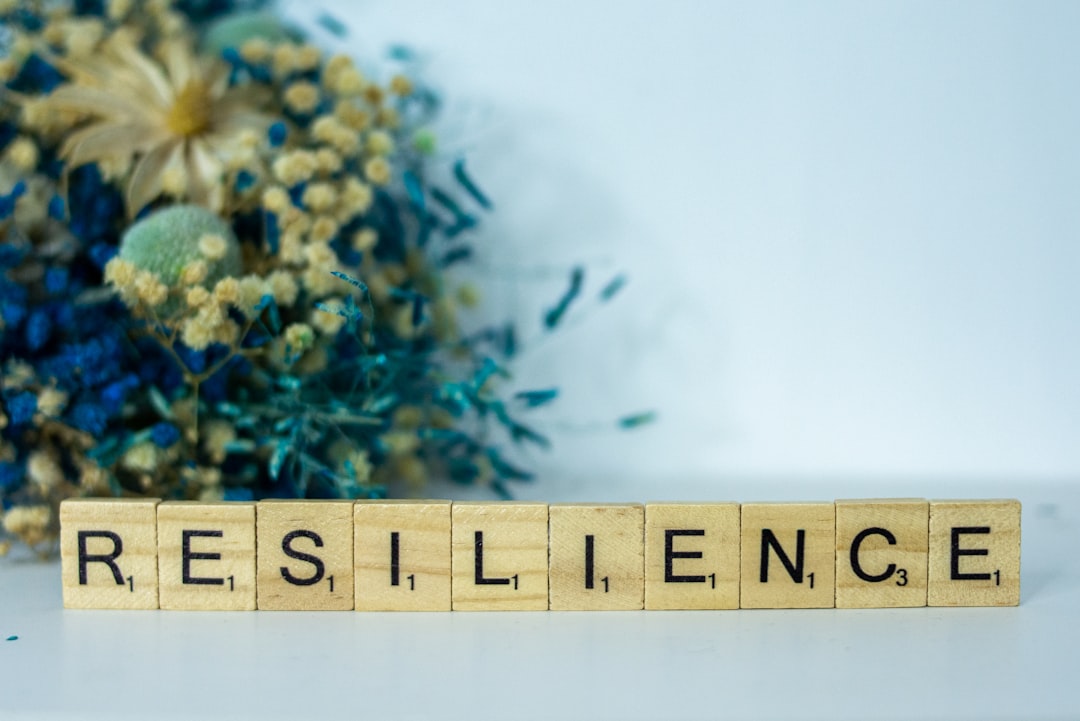
Unlocking Serenity Through Holistic Resilience and Alignment
In today’s fast-paced world, finding serenity can feel like an elusive goal. However, unlocking serenity through holistic resilience and alignment is both achievable and vital for overall well-being. This guide will explore actionable strategies, the latest research, and common misconceptions related to holistic wellness, aiming to empower you in your health journey.
What is Holistic Resilience?
Holistic resilience refers to an individual’s capacity to adapt, recover, and thrive despite challenges, integrating mental, emotional, physical, and spiritual aspects of health. Research shows that resilience is not just about bouncing back from adversity but also about personal growth and maintaining a balanced state of being. A study published in the American Journal of Lifestyle Medicine highlights that resilient individuals often display better health outcomes, lower stress levels, and improved emotional stability.
The Importance of Alignment in Wellness
Alignment in this context refers to the harmonious integration of various life aspects, including work, relationships, and personal values. When all areas are aligned, individuals experience greater peace and satisfaction. A lack of alignment can lead to stress, anxiety, and even chronic health issues. According to the Journal of Holistic Nursing, achieving alignment can significantly enhance mental health and overall life satisfaction.
Practical Strategies for Unlocking Serenity
1. Mindfulness and Meditation
Incorporating mindfulness practices into your daily routine can enhance your resilience. Mindfulness encourages being present and aware, which can reduce anxiety and promote emotional stability. Meditation has been found to alter brain function and improve mental clarity, as supported by research from Psychological Science.
Action Step: Dedicate 10-15 minutes each day to mindfulness meditation. Apps like Headspace or Calm can guide you through various techniques.
2. Physical Activity
Regular physical activity is a cornerstone of holistic health. Exercise not only boosts physical fitness but also releases endorphins, which improve mood. A study in Psychosomatic Medicine found that consistent physical activity is linked to better resilience, particularly in stressful situations.
Action Step: Aim for at least 150 minutes of moderate aerobic activity each week. Activities such as yoga or tai chi can also enhance both physical and mental well-being.
3. Nutrition for Resilience
A balanced diet rich in whole foods, fruits, and vegetables supports both physical health and emotional well-being. Nutritional psychiatry, a growing field of research, suggests that what we eat directly influences our mental health. Omega-3 fatty acids, found in fish, and antioxidant-rich foods can enhance brain function and mood.
Action Step: Incorporate foods like fatty fish, berries, nuts, and leafy greens into your meals. Planning your meals can help maintain nutritional balance.
4. Building Strong Relationships
Social connections are vital for resilience. Supportive relationships provide emotional safety and foster a sense of belonging, which are crucial during challenging times. Research indicates that strong social ties can enhance physical health and longevity.
Action Step: Invest time in nurturing relationships with family and friends. Join community groups or activities to expand your social network.
5. Restorative Sleep
Sleep is a fundamental component of health and well-being. Lack of sleep can impair cognitive function, emotional regulation, and overall resilience. A consistent sleep schedule and a calming bedtime routine are essential for quality sleep.
Action Step: Establish a sleep routine by going to bed and waking up at the same time daily. Limit screen time before bed and create a calming environment conducive to sleep.
Overcoming Common Misconceptions
Many people believe that achieving serenity is a passive experience, but in reality, it requires active engagement with various aspects of life. Another common misconception is that resilience is an innate trait; however, research shows it can be developed through practice and self-awareness.
Encouragement for Your Wellness Journey
Remember, your journey towards unlocking serenity is unique. Embrace small changes and be patient with yourself as you explore new practices. Acknowledge your progress, and don’t hesitate to seek support when needed.
Further Reading and Resources
To deepen your understanding and enhance your holistic wellness journey, consider exploring the following resources:
- Mindfulness-Based Stress Reduction (MBSR)
- The Mind-Gut Connection: How the Hidden Conversation Within Our Bodies Impacts Our Mood, Our Choices, and Our Overall Health
- Nutritional Psychiatry: Your Brain on Food
Embrace this journey toward holistic resilience and alignment, and prioritize your well-being today. Sharing this article with others can help spread awareness about the importance of holistic health practices.


